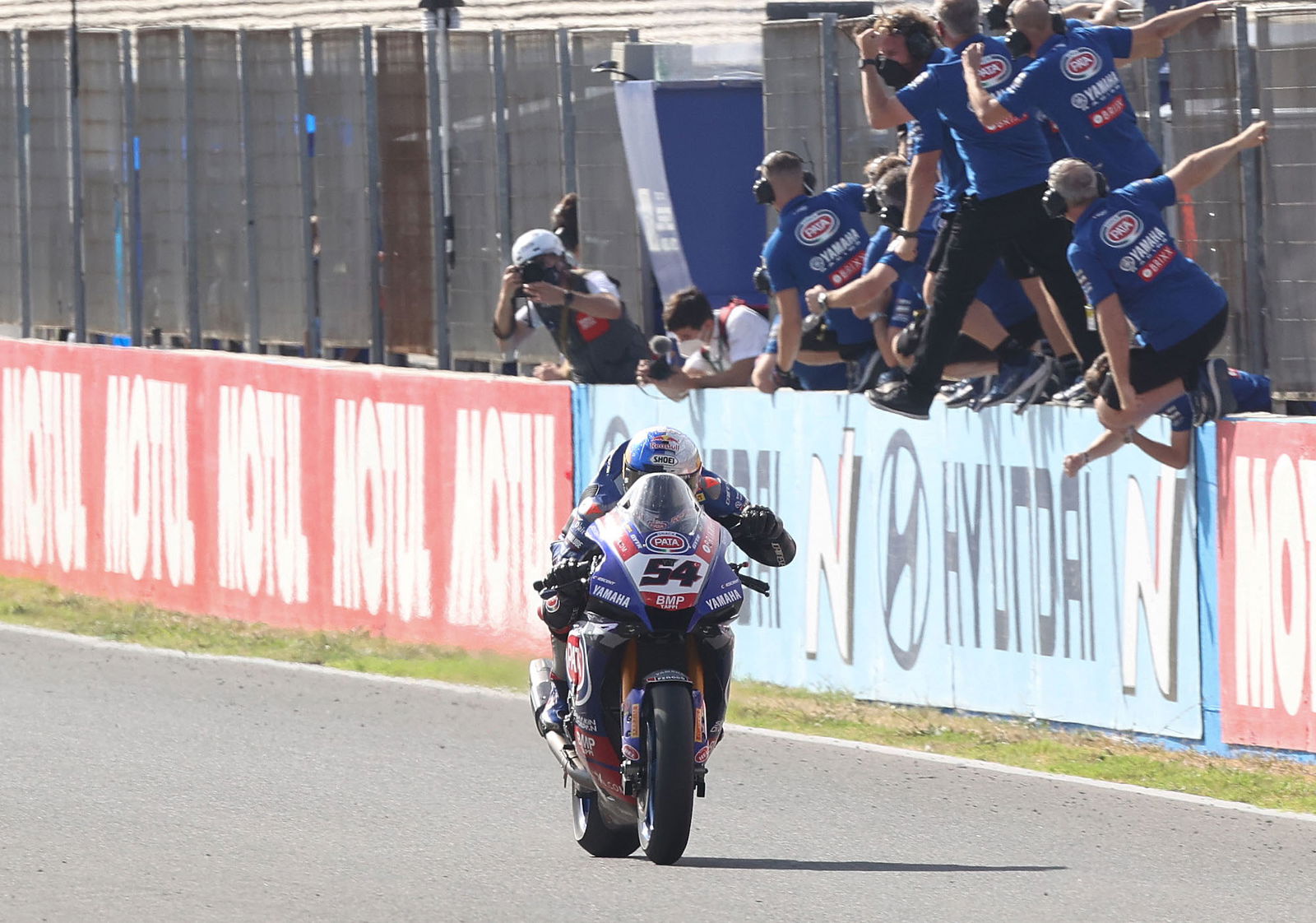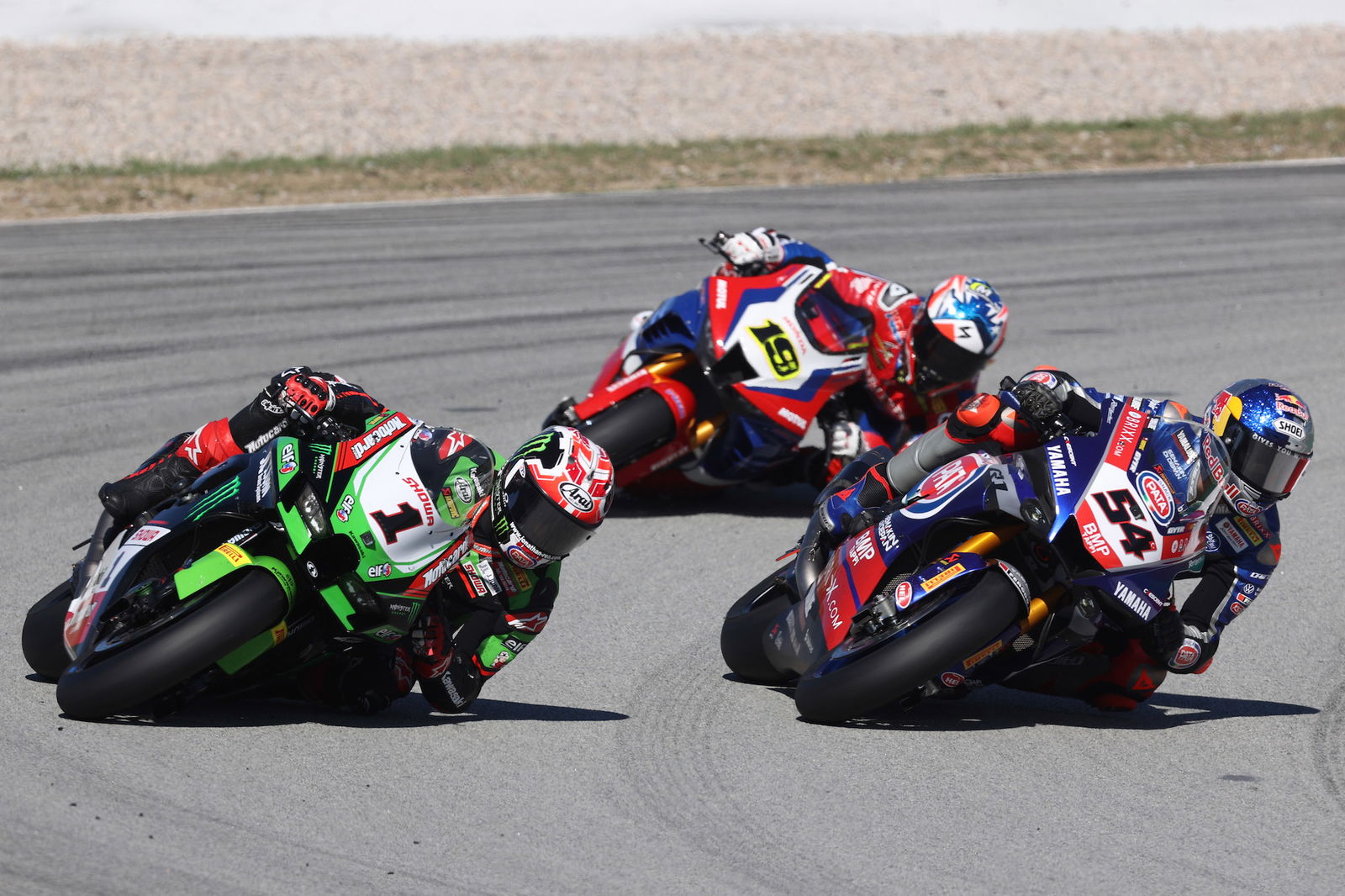Loris Baz brands crowded WorldSSP 300 ‘dangerous’ after Vinales death
Loris Baz says the 40+ grid sizes for the WorldSSP 300 to be the 'most dangerous category ever' in the wake of Dean Berta Vinales' death at Jerez

The WorldSSP 300 Championship is coming under close scrutiny over fears its format and grid sizes have made it too dangerous, following the death of Dean Berta Vinales in an accident during the WorldSBK event in Jerez.
Vinales, 15, died from head injuries after coming off on Lap 11 of Saturday’s WorldSSP 300 race. It is understood he came down in a multi-bike accident and was struck by a following rider in an incident similar to that which killed Jason Dupasquier during the Mugello Moto3 round earlier in the year.
For many, the incident was an accident waiting to happen, the consequence of 40+ riders riding similarly-powered Yamaha R3, Kawasaki Ninja 400 and KTM RC 390 machinery around wide circuits that allow them to bunch up into groups.
After the condolences of Saturday, high-profile riders have begun to speak out against the approach to the series, including Loris Baz - returning to WorldSBK this weekend - who calls it the ‘most dangerous category ever’.
“It’s not the best time to talk about it but WorldSSP 300 is the most dangerous category ever. I don’t even look at it because there is something to be afraid of. Among other things, my coach’s bother raced there, he left after three races because he was scared, without having learned anything in this championship.
“The bikes all have the same performance, you can’t make a difference, as a result you find yourself in big groups and then hope nothing happens. Personally, the 600cc is less dangerous.”
WorldSSP 300 was introduced to the WorldSBK schedule in 2017 as a de facto replacement for the the European Junior Cup, Superstock 600 and Superstock 1000, intended to provide young riders a stage on the World Championship from which to progress to WorldSSP (600) and WorldSBK (1000).
However, its popularity for entries has led to a headache for organisers with massive grids for most races
It trialled a complex format in 2019 of two qualifying sessions that allowed the top 30 to go through to Sunday’s finale, with anyone outside the top 30 going into a ‘last chance race’ to fight for six additional positions in the finale.
For 2021 however, grids have regularly exceeded 40 entries leading to worries about comparatively novice riders crashing within a group.
In protest against the format, WorldSSP rider and WorldSBK race winner Michel Fabrizio announced his retirement midway through the Jerez weekend, taking the opportunity to release a statement criticising the FIM for its ‘indifference’ over safety fears







